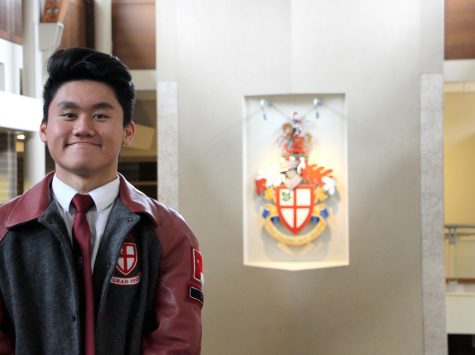Same Income, More Expensive Houses
The Vancouver housing market has been nothing short of crazy. Throughout early 2016, housing prices raised almost more than 10 percent compared to the prices in 2015 and the mean house price has now raised to more than a million dollars. Astonishingly, the current average house price is double the average house price from a decade ago.
Before any intervention had come from the government in August, many renters and residents of Vancouver had become increasingly frustrated with the hot real-estate market. An online survey of thousands of Metro Vancouver residents demonstrated that an astonishing 82 percent believed that the government had failed to stop the market craze. Many blamed foreigner buyers as the main reason for market inflation, as in the first part of 2016, 10 percent of homes were purchased by non-Canadians.
With the minimum down payments for mortgages rising, the middle-class in Vancouver can now be defined as those with a high-class education and a well-paying job, but being forced to spend a majority of their paycheck on rent. Mayor Gregor Robertson expresses that Vancouver is “seeing housing prices [that are] completely disconnected from local incomes”. Not only are residents not able to afford houses and are being forced to rent, but “young people, families, and seniors” are being pushed “out of [Vancouver’s] neighbourhoods”.
After Christy Clark originally rejected Gregor Robertson’s idea of implementing a tax to slow down the housing market, a new foreigner 15 percent buyer’s tax was put in place on August 2, 2016 to “help create a level playing field in the Vancouver housing market”. This tax originally was received unhappily, as an online survey demonstrated that 70 percent of people believed that foreigners would find a way around the tax, and 40 percent believed that the tax wouldn’t affect the market at all.
The eventual outcome of the new foreigner’s tax has caused the Vancouver real-estate sales to slow in the last couple months. The number of sales in Vancouver within September, 2016 fell an astounding 33 percent down from the sales of the previous September. Even though the foreigner’s tax played a major role in the fall of sales, house prices themselves have not seen a decrease in value.
Many foreign buyers, residents, and people around the world have viewed the Vancouver housing markets to be like stocks; Many buyers are buying properties, and leaving them empty until the value goes up enough to profit and flip. Even with the new property tax, house prices have been relatively stable in value. It remains a mystery of where exactly the Vancouver housing market is headed.

Michael Hua is a grade 12 student at St. George’s. He applied to Saints for the grade 11 year , which marked his first year at the school. Michael immediately...
















